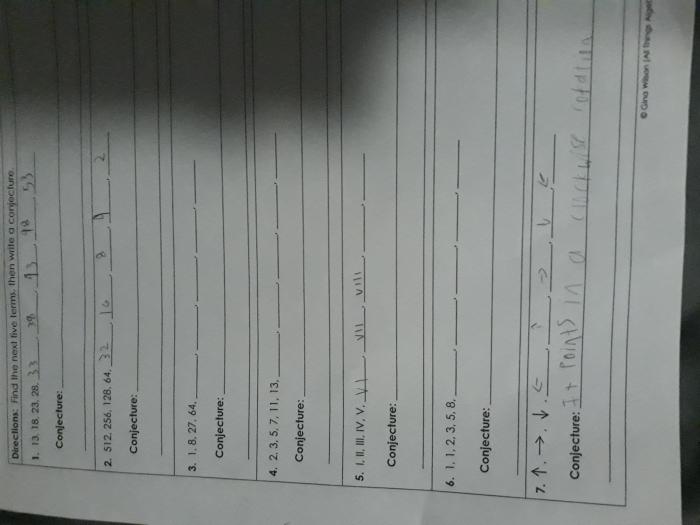Unit 2 logic and proof answer key – Embark on a journey into the realm of unit 2 logic and proof, where we unveil the intricacies of propositional and predicate logic, equipping you with the tools to navigate the complexities of formal reasoning. Prepare to delve into the depths of logical fallacies, unravel the mysteries of truth tables, and witness the practical applications of logic in the captivating field of computer science.
Through a comprehensive exploration of key concepts, propositional equivalencies, predicate logic, and logical fallacies, this answer key empowers you to master the art of logical reasoning, unlocking a world of clarity and precision in your arguments and deductions.
Unit 2 Logic and Proof

Logic and proof form the foundation of rigorous reasoning and argumentation. This unit explores the fundamental concepts of logic, including propositional and predicate logic, propositional equivalencies and inferences, logical fallacies and reasoning errors, and applications of logic in computer science.
1. Unit 2 Logic and Proof Key Concepts
Propositional logic deals with the truth values of statements and their combinations. Conjunction, disjunction, negation, implication, and equivalence are the basic operators used to construct compound propositions. Tautologies are compound propositions that are always true, while contradictions are compound propositions that are always false.
2. Propositional Equivalencies and Inferences
Propositional equivalencies are rules that allow us to simplify and manipulate compound propositions. Commutativity, associativity, and distributivity are examples of such rules. Truth tables can be used to determine the validity of arguments, which are sets of propositions that imply a conclusion.
3. Predicate Logic and Quantifiers
Predicate logic extends propositional logic by introducing variables and quantifiers. Universal quantifiers assert that a property holds for all elements in a domain, while existential quantifiers assert that a property holds for at least one element in a domain. Statements can be translated into predicate logic to determine their validity.
4. Logical Fallacies and Reasoning Errors, Unit 2 logic and proof answer key
Logical fallacies are errors in reasoning that can lead to invalid arguments. Common fallacies include ad hominem, straw man, and circular reasoning. Recognizing and avoiding these fallacies is essential for critical thinking and sound argumentation.
5. Applications of Logic in Computer Science
Logic plays a vital role in computer science. Propositional and predicate logic are used to represent knowledge and reason about it in areas such as programming, database design, and artificial intelligence. Logical reasoning is essential for developing and analyzing algorithms, designing databases, and creating intelligent systems.
Essential FAQs: Unit 2 Logic And Proof Answer Key
What is the significance of propositional logic?
Propositional logic forms the foundation of logical reasoning, providing a framework for representing and manipulating compound propositions, enabling us to evaluate their truth values and draw valid conclusions.
How do truth tables contribute to understanding logical arguments?
Truth tables offer a systematic method for evaluating the validity of logical arguments by displaying all possible combinations of truth values for the constituent propositions, allowing us to determine whether the argument is sound or fallacious.
What is the difference between universal and existential quantifiers?
Universal quantifiers assert that a property holds for all members of a domain, while existential quantifiers indicate that there exists at least one member for which the property is true, enabling us to make precise statements about the distribution of properties within a domain.
How can logical fallacies undermine the validity of arguments?
Logical fallacies introduce errors into reasoning, leading to invalid conclusions. Recognizing and avoiding these fallacies, such as ad hominem attacks or circular reasoning, is crucial for constructing sound and persuasive arguments.
What are the practical applications of logic in computer science?
Logic plays a vital role in computer science, serving as the foundation for programming languages, database design, and artificial intelligence. It enables the representation of knowledge, reasoning about complex systems, and developing algorithms that operate on logical principles.